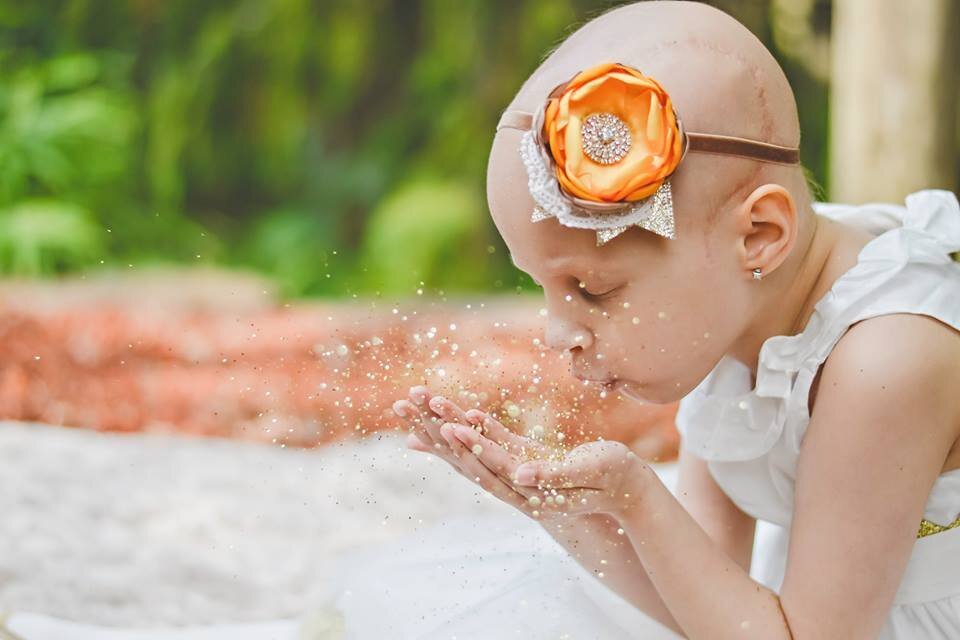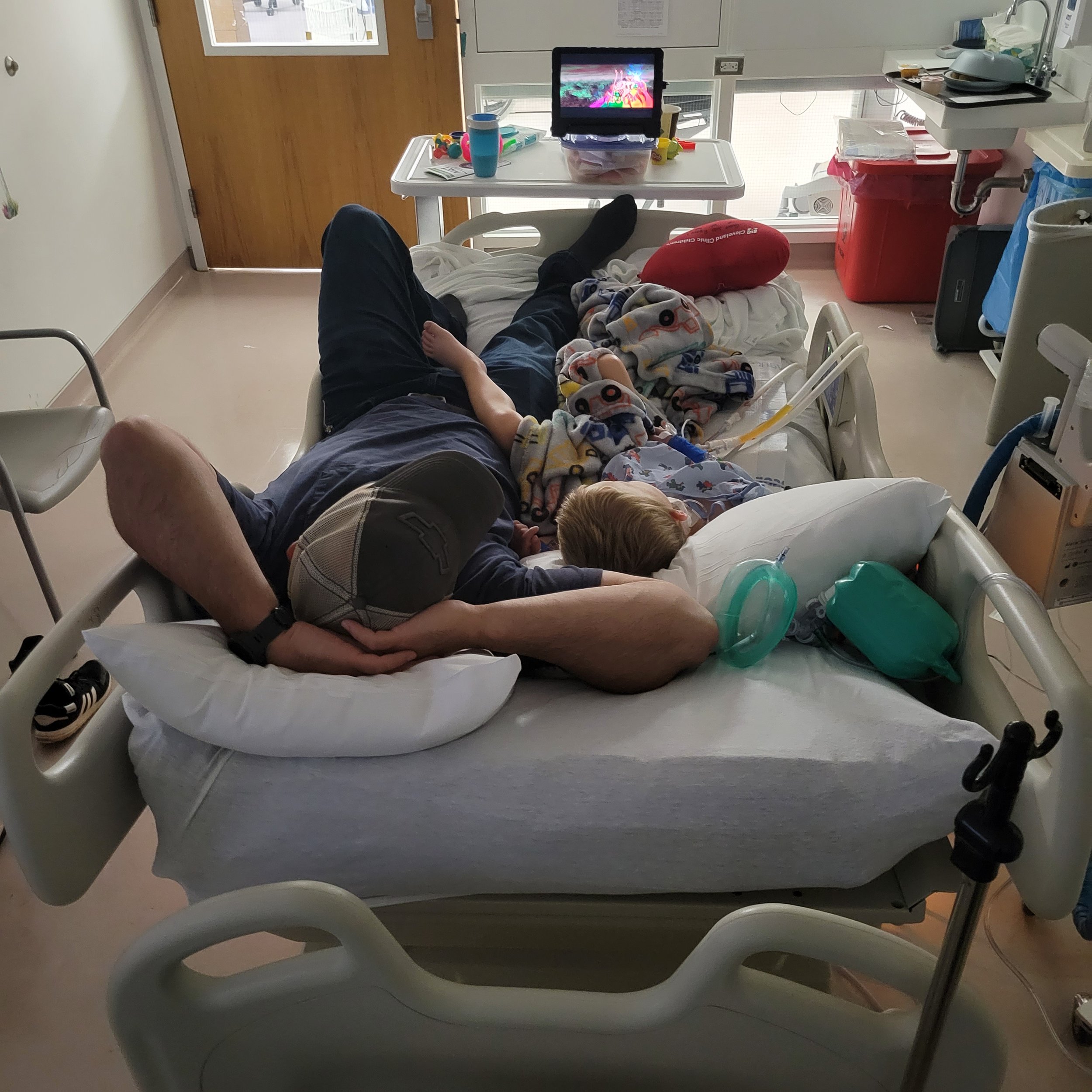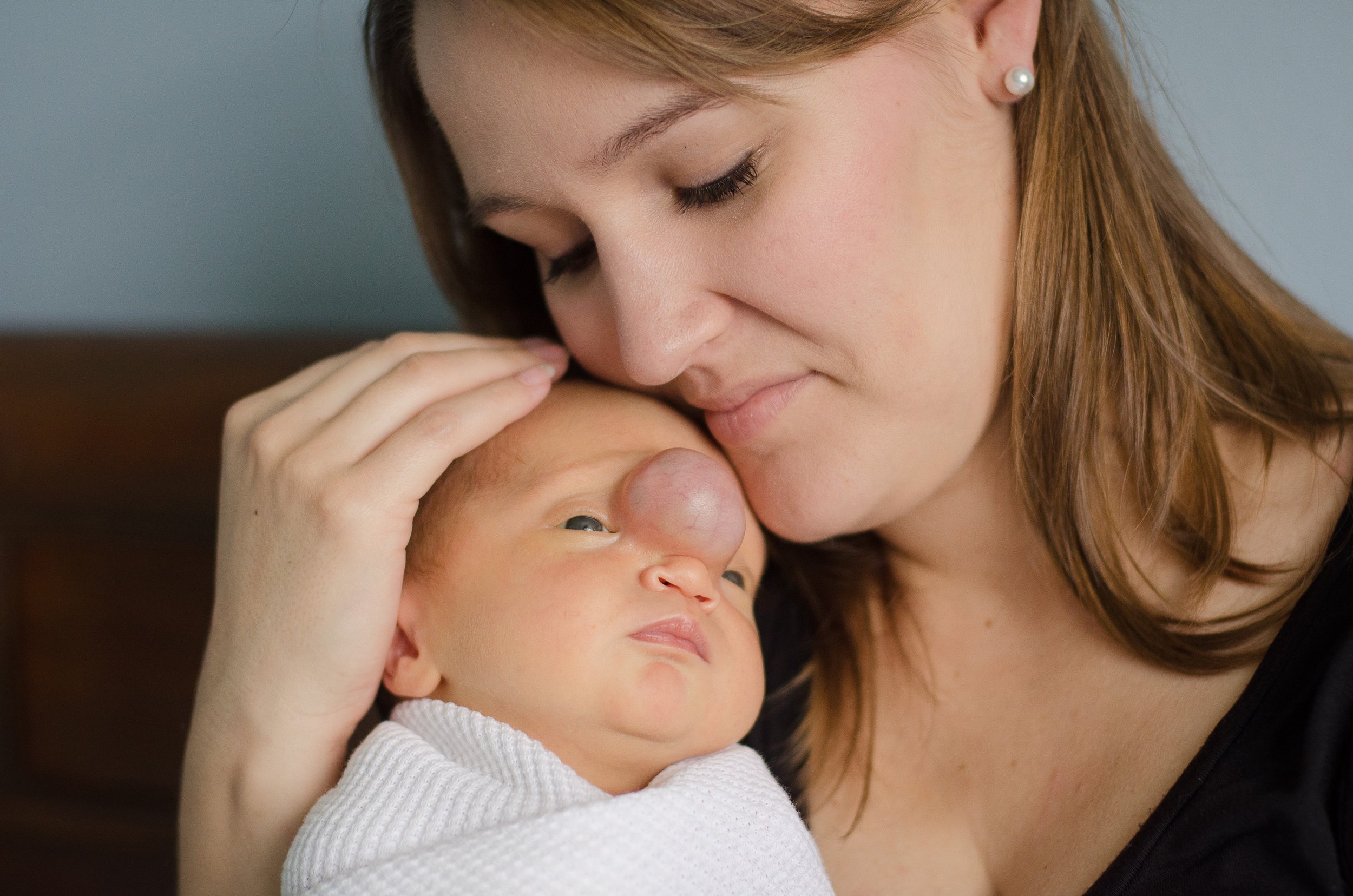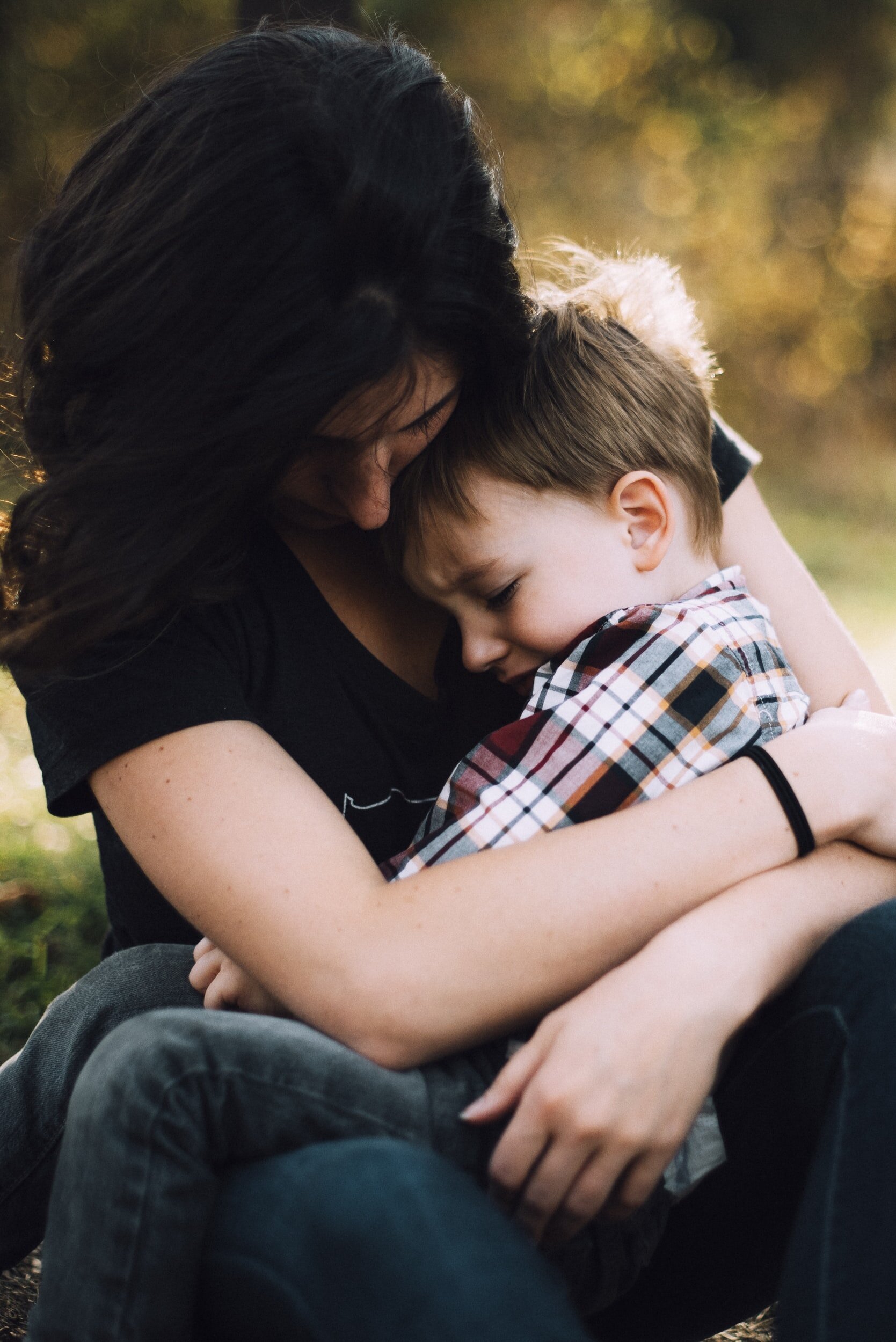Parent & Pro Picks
Search by Topic
- Child Development and Preventative Care Resources
- Developmental Disability Resources
- Diabetes and Endocrine Resources
- Financial Support
- Financial Support Resources
- Gastrointestinal Resources
- Grief Support
- Hospice Resources
- Housing/Transportation Resources
- Informational Resources
- Legal Support
- Neonatal and Premature Birth Resources
- Neurological Condition Resources
- Orthopedic and Mobility Impairment Resources
- Palliative Care Resources
- Pediatric Cancer
- Rare Disease Resources
- Recreation/Wish-Granting Resources
- Sibling Support
- Special Education Resources
- Transplant Patient Resources

Pediatric Brain Tumors: Care, Support and Family Resources
Approximately 4,000 children in the United States will be diagnosed with a primary brain tumor this year leaving their parents, caregivers, loved ones and themselves with many questions about what comes next. In this guide you will find a variety of resources to help your family as you begin to navigate life with a pediatric brain tumor diagnosis.

Parenting in the PICU (Pediatric Intensive Care Unit)
Kelli Argento never thought she would be a “PICU Parent,” but when her son Ryder was unexpectedly born with a congenital heart defect, that’s exactly what she became. During his young life Ryder has had multiple heart surgeries that have required him to spend more than 100 days recovering in a Pediatric Intensive Care Unit (PICU). Kelli shares her wisdom, tips, and resources for parents who may be facing a long hospital stay with a critically ill child.

Traveling with Children who have Special Needs and Medical Challenges
Children with disabilities and medical challenges often require carefully coordinated, specialized care. This can make traveling away from home complicated, but not impossible with proper planning and resources. In this guide you’ll find resources that may help make traveling less challenging if your child has special needs or a medical condition to consider. This guide and the resources listed are not meant to replace consultation with medical professionals, or to diagnose a medical condition. Please reach out to a professional for advice and assistance.

Finding Support and Information When Your Child Receives a Rare Disease Diagnosis
When your child receives a new medical diagnosis it can be helpful to seek support from other parents and caregivers who have been in your shoes. But if your child is diagnosed with a rare disease or condition it can be difficult to find information or a community of other families who share your experience. In this guide you’ll find resources that may help you as you begin to navigate life as the caregiver for a child with a rare medical condition.

Finding Your Support Community
A new medical diagnosis often comes with more questions than answers, as well as a flood of emotions. As a caregiver to a child who has special needs or a complex medical condition, it can be helpful to find a community of supportive people who understand the challenges you have faced or will face while caring for your child. With the rise of social media and other web-based resources, information has never been easier to find and making contact with others is a breeze. But how can you be sure that you can trust the information or people with whom you are connecting? In this guide we will share some tips on how to find information and a community of support when your child is diagnosed with a disabling medical condition.

Supporting Children Through Grief
Losing a loved one can be difficult at any age, but for children who have yet to fully understand the concepts of life and death, the impact of loss and complex feelings of grief can be overwhelming. On average, 1 in every 5 children will experience the death of someone they are close to prior to their 19th birthday, and grieving that loss will be a lifelong journey that follows kids into adulthood. While grief is a complex topic to discuss, professional insights into this unique journey can help caregivers facilitate healthy conversations related to loss and death.

Wish-Granting Experiences & Gifts
Wish-granting foundations help families lighten their load, granting wishes ranging from a trip to Disneyland to a new computer to a chance to throw the first pitch at a major league game. If your child has a serious illness, disability or medical condition they may be eligible to receive a gift or have a wish granted through one of the organizations listed in this resource guide.
